As a result of the legal regulation from June 2025, there is therefore a regulated need to offer accessible applications. However, publicly accessible websites, applications and other electronic services are often not yet barrier-free and must be revised or even newly created to meet the legal requirements by the deadline. The quality features that make a program, website or application accessible are defined in more detail in DIN EN ISO 9241-171. It defines criteria with regard to the ergonomics of human-system interaction and shows how software should be programmed and designed to be barrier-free. This can cause high costs and, for all those companies that do not act, entails the risk of specialist law firms issuing warnings.
Companies are therefore well advised to create a special “toolbox” so that they can use the tools it contains to create standardized requirements for accessible IT applications. These tools can be used again and again for accessible programming and also depend on the technology used, i.e. the programming language in which a website, app or program was developed. This saves time, streamlines processes and prevents costs caused by warnings from resourceful lawyers.





